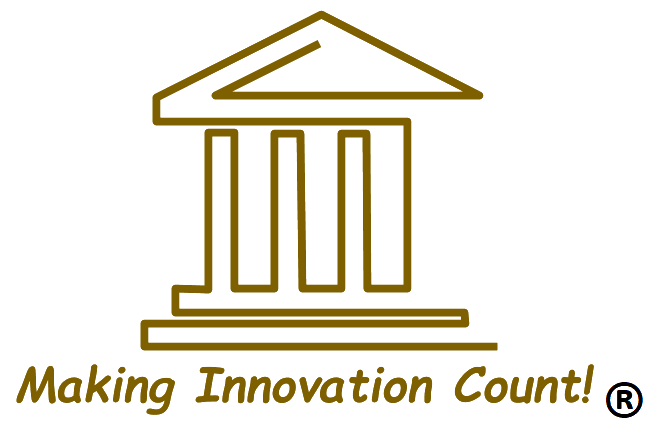 Here in the United States you must use your mark in commerce else it will be considered abandoned and your competitors may seek to have it cancelled. The reason for this is that trademark law serves to protect consumers and marks that appear and then reappear in commerce is confusing to the consumer and also prevents other businesses who may want to make more effective use of the mark from doing so thus harming the interests of consumers. This stands in contrast to other forms of intellectual property law such as patents and copyrights which serves more to protect the creator of the patent or copyright. So you may be asking how long can you not use your mark in commerce before you run the risk of losing it? 15 USC 1127 holds that a mark shall be deemed to be abandoned if its use has been discontinued with intent not to resume such use and that intent not to resume use is inferred after three consecutive years of nonuse. So your risk begins immediately when you stop using the mark in commerce but initially there is little to worry about as it is difficult for someone to prove that you no longer have intent to use the mark in commerce. However, as time of nonuse increases, the risk grows and at the third anniversary of nonuse it is presumed that you no longer have the intent to use the mark in commerce.
If you have not been using your mark in commerce yet you wish to keep your mark I suggest contacting a trademark attorney such as myself to help you argue that your special circumstances are sufficient to defend your mark from being cancelled.
1 Comment
|
Categories
All
|
California, Inland Empire - (909) 566-2801
California, Santa Barbara - (805) 500-6241
Tennessee - (423) 226-8036
Georgia - (404) 436-0899
California, Santa Barbara - (805) 500-6241
Tennessee - (423) 226-8036
Georgia - (404) 436-0899


